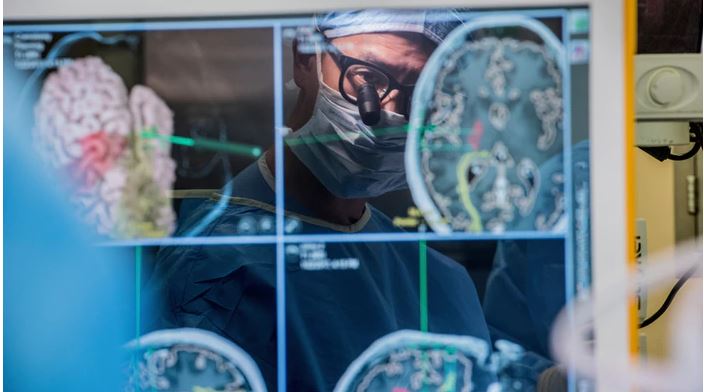Communication and the ability to communicate are often taken for granted, but not so for a person that has been without this ability. “In a medical first, researchers harnessed the brain waves of a paralyzed man unable to speak—and turned what he intended to say into sentences on a computer screen.”
While it will take some time, most likely years, to further research and develop this technology, it provides hope to restoring natural communication for those who can’t speak due to illness or injury. In a time of video calls, texting, and email, the ability to communicate and through multiple methods, this breakthrough could change the lives of many. Those who will benefit most are people with “injuries, strokes, or illnesses like Lou Gehrig’s disease” in which “brains prepare messages for delivery, but those messages are trapped.”
The research and testing will work to increase the device’s speed, accuracy, and depth of vocabulary, and eventually—a computer-generated voice rather than text on a screen. New advancements like this continue to challenge and motivate the medical device industry and Pragmatyxs will be there to support our partners around labeling compliance requirements, like Unique Device Identification (UDI) and European Union Medical Device Regulation (EU MDR), and then through to distribution and delivery. We will continue to watch this innovative device and others that will follow in its footsteps.
